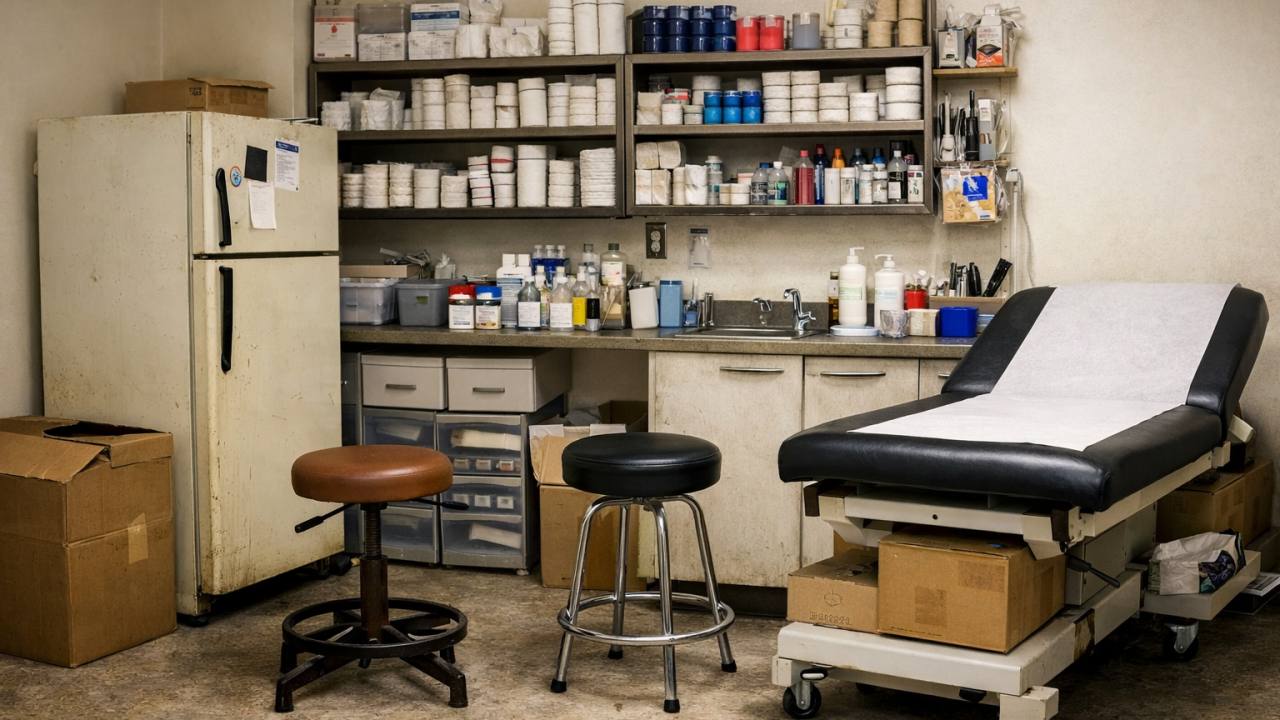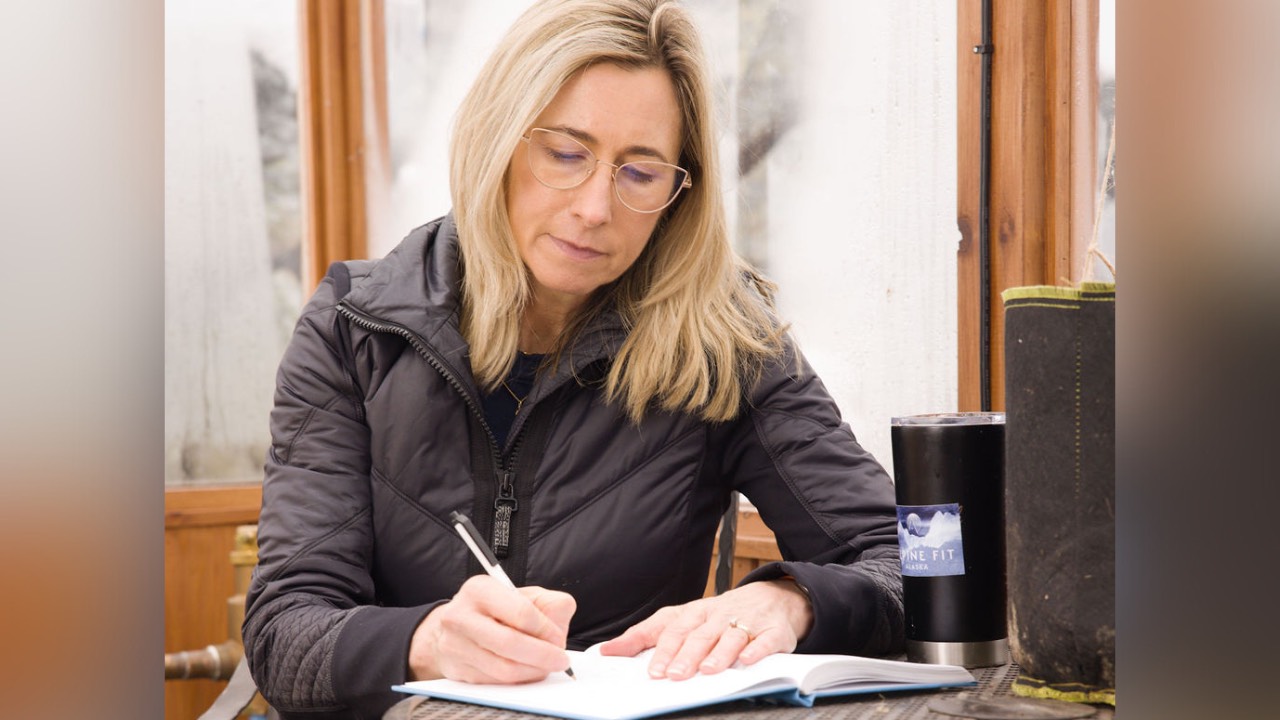"The Plank" Story and Reflection
Most Sunday mornings during the pandemic, I logged on to a zoom call to do strength training with a group of women physicians led by Dr. Ali Novitsky (photo above) or her team of coaches.
She combined mindset work with bodywork. On particular workout stands out to me. She told us we were finishing up with one set of planks - two minutes total (30-sec standard, 30-sec right side, 30-sec left side, and back to 30-sec standard).
I hated hearing "2-minute" with "plank" in the same breath but decided it would be broken up enough by position changes. So, I dropped to my knees and barely finished it.
"Surprise," she said, "we are going to do a second set." I immediately thought, "Nope, I'm out," as I started to get up. Then she said two things that stuck out.
1. "This is a test of your mental flexibility. I told you one set, and now we are doing two." (Well, darn, I love to implement and talk about mental flexibility but didn't recognize this as an opportunity to practice it at first glance.)
2. "All-or-nothing thinking will have you think you must quit if you can't do the whole thing. Do what you can - drop to your knees, or take a break, then join back in." (Yep, I coach on that all the time but missed that I was giving myself a binary choice of either doing it all the way or not at all.)
So, you guessed it, I jumped back in and maybe did 20 seconds each position, partly on my knees.
Then she threw in a 3rd set! My arms were shaking, and my core was tired, but it was exciting to view my attempt at another set as a way of improving my own mental flexibility and not giving in to polarized thinking.
Reflection: What are the situations in which you overlook all-or-nothing thinking? When you see a binary choice, how can you challenge it? What else is possible? How would improving your mental flexibility help you?
I'd love to hear what you discover.





Responses